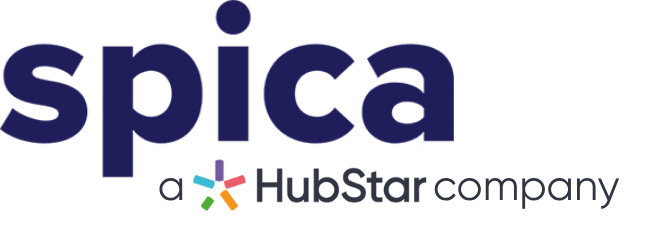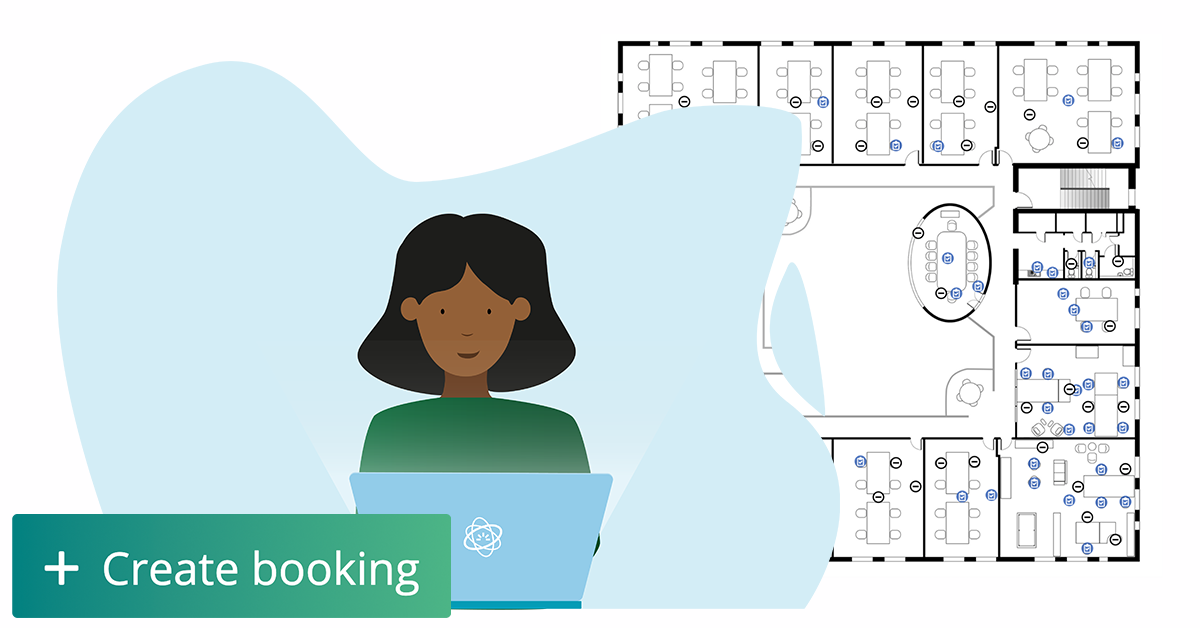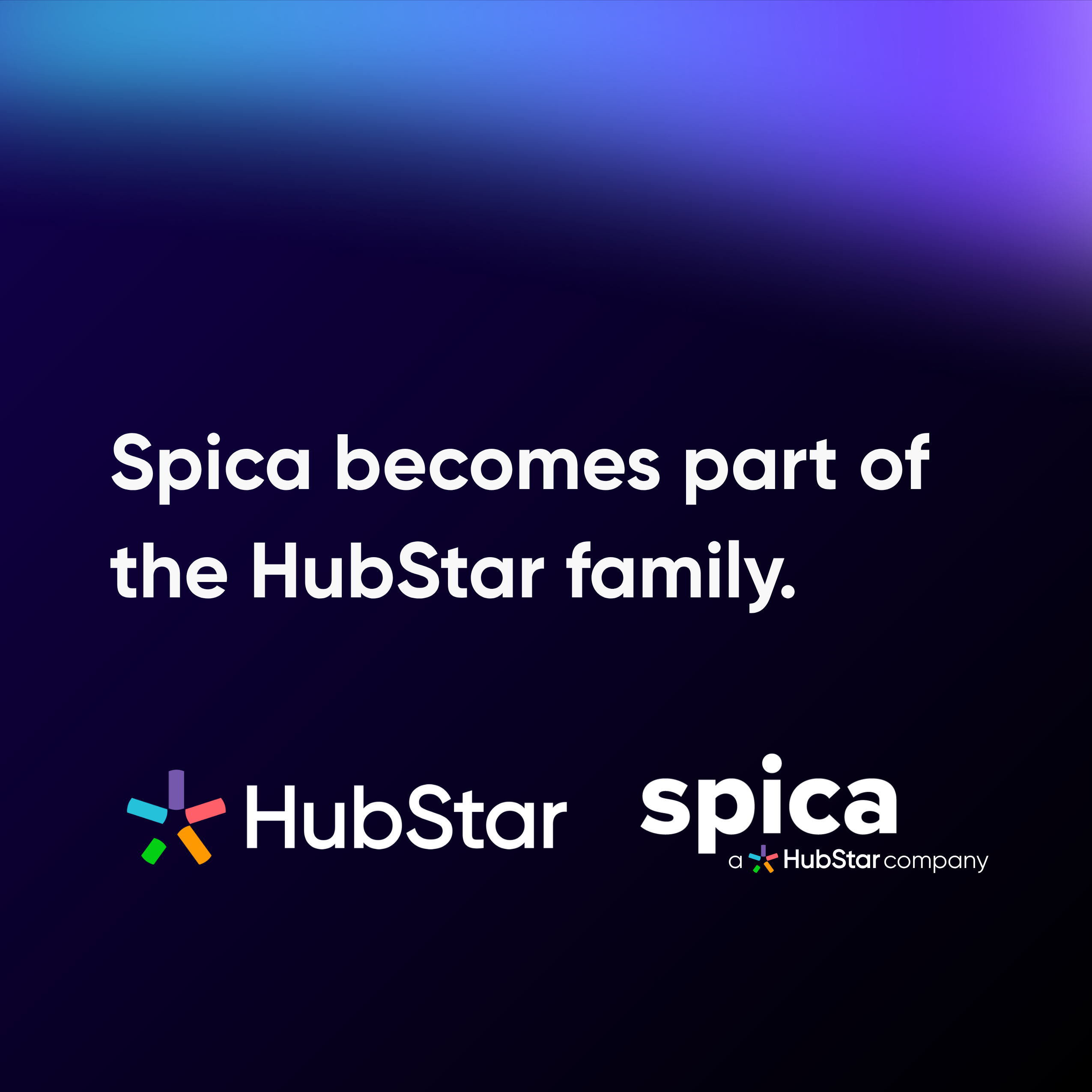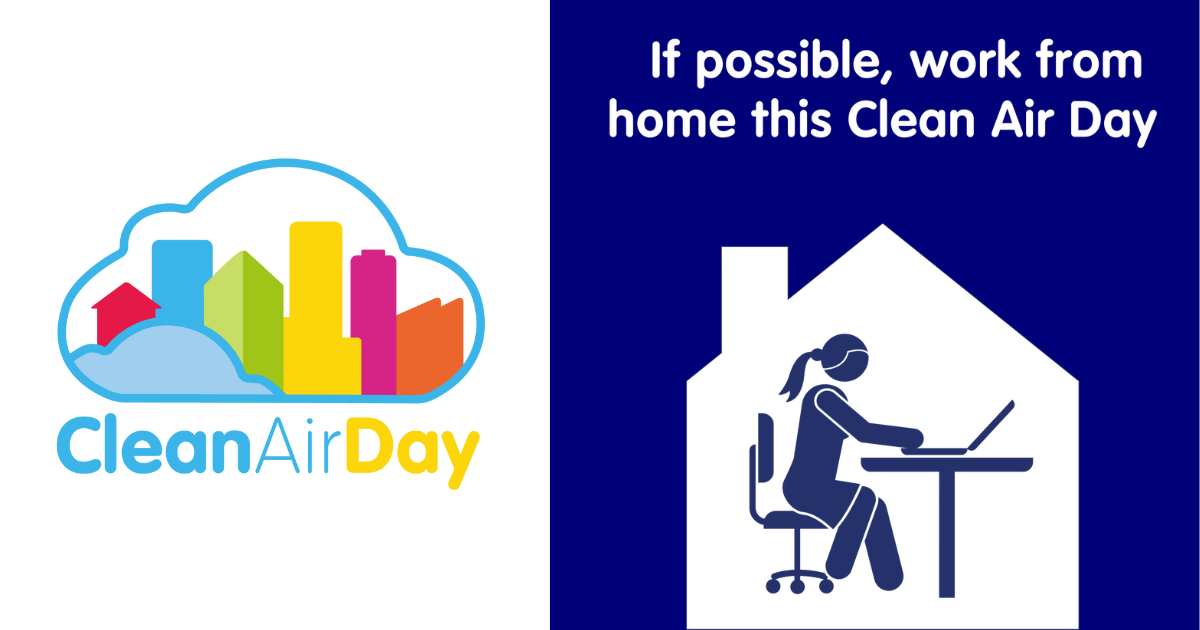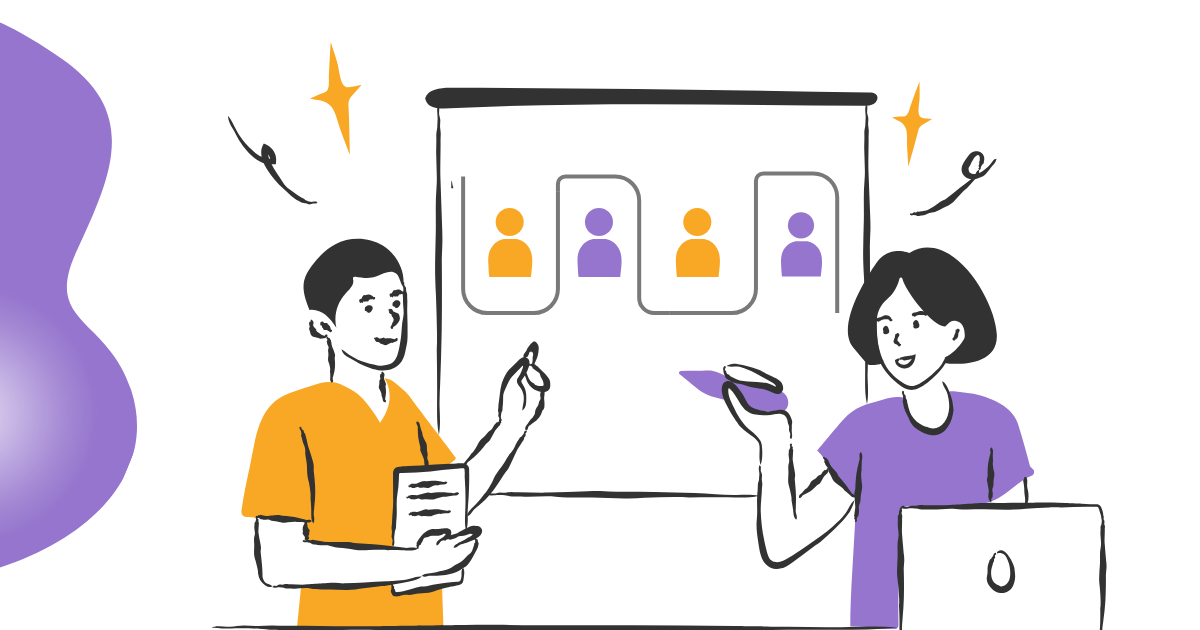There was a time when the FX in films like Jurassic Park would have knocked your socks off. We can still enjoy them, but they’re starting to look like dinosaurs. Any piece of media can suffer the same fate because it’s a snapshot of one moment in time. Software is different. Your software can evolve, and sometimes, you have to evolve with it! At Spica we work with all things workplace and we’re familiar with companies coming to us for help because they’ve been stuck with a prehistoric office booking system. Here are five reasons we’ve spotted to why some booking systems are starting to look so out of touch:
1. It didn’t join the IoT revolution
Are you sick of the gripe “There’s nothing available”? But, whenever you walk around your building it’s a ghost town. Your email calendar may be able to book a workspace, but the system can’t tell if anyone actually uses it. So the gripes continue, and you continue the countdown to the day when you have to count by hand.
IoT saved many from this headache a while ago. Whether it be through desk fitted sensors or footfall counters the tech is there to take note. Measuring what your team actually use helps you build a picture of what you really need out of your workplace.
2. They are ignoring workplace amenities
Once you’ve booked a meeting room, it’s only the first part of the puzzle. How many times once the team finally sit down do they bounce back up to find a flip chart, the right adapter or an extra seat?
A booking system that identifies amenities and tells your team what they’re walking into cuts the out the pre-meeting faff. This means that once you’ve got bums on seats your meeting can begin and theatrics can be left to Pat in accounting.
3. It didn’t want to learn your language
Naming your meeting rooms, numbering your desks and setting up a system to match is a herculean task. All in the effort to ensure people know where they are going. Things can get even more complicated when people arrive to the office and realise they’ve booked the wrong thing.
We have a quiet office here at Spica, it doesn’t mean you can’t speak in there, but we know what we mean by the “quiet office”. You might have breakout spaces, agile desks, focus booths. There’s a name for everything and everything has it’s name. But, unless your booking system can tailor itself to your workplace’s naming conventions, confusion is bound to follow (and a rather frustrating round of musical chairs).
4. It didn’t embrace booking rules
Some booking systems. especially those rolled out too quickly, make things more difficult, not easier. They obscure when resources are available, it’s not clear where what you’ve booked is and worst of all, it’s a free-for-all. Anne wants a desk for 57 minutes, Bob wants a meeting room all day and Carl is trying to book a desk for next summer. Chaos.
A booking system to needs to bring order, and the best way to that is through rules. When are resources available? Who can book them? How long can they be booked for? These variables can all confirmed and controlled using booking rules!
Setting up booking rules keeps things simple, and prevents your team from making them complicated. All they have to worry about is finding the space that suits them and turning up.
5. It doesn’t empower your team
How much of your business relies on EAs, Facility Managers and Booking Teams to organise who’s booked what and when. Most systems allow employees to create and manage bookings themselves, but they don’t make it easy.
At Spica we have the GemEx App, allowing your team to create and manage their own bookings on the go. Our map view even allows your team members to choose where they want to sit rather than just giving them a plain list of options. Making it easy for your team to manage their own bookings, which saves everyone time and stress.
How GemEx Bookings and GemEx Book are different
It will come as no shock that we offer a booking system that stays relevant and continually improves thanks to the feedback from our community of clients and our hard-working development team. There has been plenty of challenges along the way to get to where we are to day with GemEx App and GemEx, most of which have led to better, easier to use, products.
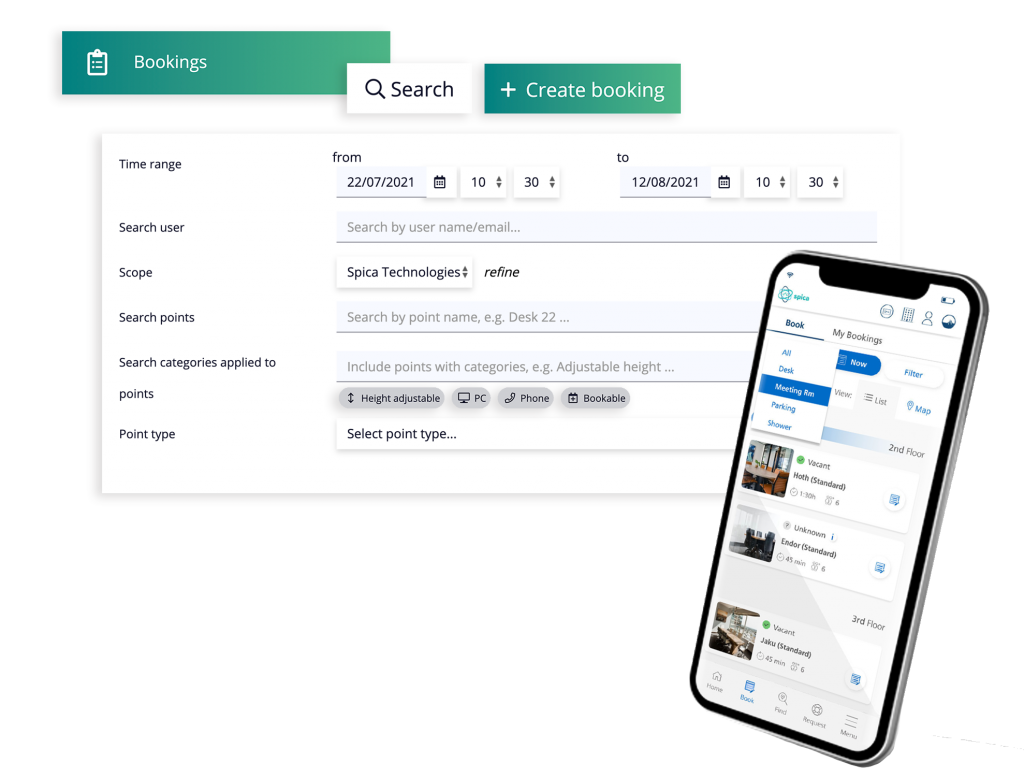
Set booking rules, take control
If you build it, they will come. If you have a booking system, users will book. That’s where it stops being simple. If users have the choice the early birds will show up at 6:00am and disappear at lunch. The night owls will pass them leaving as they stroll in, ready to be in the office until the middle of the night. The fastidious members of the team will plan out where they will be sitting for the next six months. They’ll be the awkward ones too, who will be the lone booking on a floor you could keep closed. Chaos. Utter Chaos.
The Spica team quickly realised we needed to prevent the chaos and put customers in control of how resources are reserved. We needed rules. And rules we have! Users of the GemEx App can only book within the boundaries they are set. Limits on how far in advance, how long for whether multiple bookings and overlapping bookings are allowed. With our tailored booking rules we’ve brought order to chaos allowing your employees to choose without you having to lose control.
Is anyone going to turning up?
You’ve launched your booking app, some people have been very keen. Others have been less enthused. The feedback has been mixed so on your first day of reopening the office what’s going to happen? Are you going to be sat there all day eagerly awaiting employees to show up only to be disappointed? Or worse, was the lukewarm feedback a red herring and the whole business has decided to come in on the same day?
These were the questions our customers had and so we created Booking Administration in GemEx, to support bookings in the GemEx app. We created a way to search for specific bookings, bookings of a certain type as well as the ability to create bookings free from any restrictions. We also built a nifty report that lists the bookings made within a certain time frame. This allows our customers to understand the number of scheduled bookings, their location and which users have made them. This has put GemEx users in control and given true visibility of how busy their buildings will be.
Custom categories and filters
Within our super flexible system, we’ve created a customisable taxonomy structure. In English that is, we’ve given you the power to name and label your assets. Improving your employees experience by using your own corporate terminology and allowing them to find what they need. With GemEx’s taxonomy features you can tag your resources with custom categories that employees can filter by in the GemEx App.
So if a few old school team members need a meeting room with a flip chart or the whiz-kids want video conferencing facilities they can find it and they can book it themselves. No hand holding needed. This has also allowed Spica customers to bring conformity to their FM strategy globally. No more weighing up whether a hot desk in New York is the same as Focus Booth in Budapest. You can bring clarity across borders with a our tailored taxonomy and nomenclature in a global GemEx solution.

